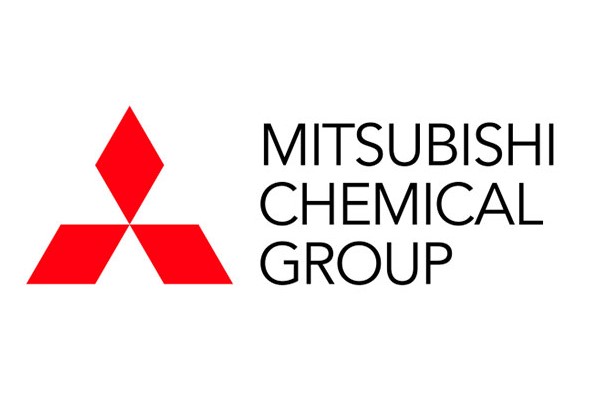Aiming for miniaturized, lightweight terminals for use in drones and vehicles enabling high-speed, high-capacity connectivity in remote and disaster-stricken areas

Mitsubishi Chemical Corporation, Sharp Corporation, the National Institute of Information and Communications Technology, and Techlab Co. have entered into an agreement to jointly develop ultra-compact, lightweight LEO satellite communication terminals for mobility applications.
The collaboration aims to accelerate the practical implementation of this technology, with a focus on integration into drones and automobiles.
LEO (Low Earth Orbit) satellite communications enable high-quality, high-speed, large-capacity connectivity even in challenging environments such as mountainous regions, offshore areas, and remote islands where cellular networks are often unavailable.
Under this agreement, the four companies will jointly develop ultra-compact, lightweight LEO satellite communication user terminals.
By leveraging Mitsubishi Chemical’s highly heat-conductive, lightweight carbon fiber/graphite sheet composite materials and TECHLAB’s advanced structural design and manufacturing techniques for superior heat dissipation, the project aims to create terminals that are less than one-tenth the size and weight of Sharp’s currently developed model (approx. 20 cm × 20 cm × 3 cm, 1 kg). These compact, lightweight terminals will be suitable for integration into various mobile platforms, including drones and vehicles, significantly broadening the potential applications of LEO satellite communications. Key use cases include establishing communication in remote or disaster-affected regions, real-time location tracking, and support for autonomous vehicle operations.
This initiative was showcased at SPEXA (Space Business Expo) 2025, taking place from July 30 (Wednesday) to August 1 (Friday) at Tokyo Big Sight (Koto-ku, Tokyo).
Subscribe to our newsletter & stay updated.